Do I Need to Drink Filtered Water or Is the Tap Okay?
These days, a trip to the grocery store requires nerves of steel. The cost of everything, it seems, is soaring. Why? Can we blame the pandemic? Will prices return to pre-pandemic levels once this thing settles down? Will it ever go away? Who knows? One thing for sure: It’s time to hunker down and find reasonable ways to cut food costs every way that we can. Here’s one: Stop buying bottled water.

I cannot pinpoint exactly when it happened, but gradually over the past decade or two, the general population of this country formed a belief that bottled water is better than tap water—safer and healthier, too.
It’s easy to see where this idea originated. It was with bottled water suppliers. How ingenious for them to convince otherwise normal people to pay between 240 and 10,000 times more to purchase water in a bottle because it’s “purified,” than to get it from the supply we’re already paying for that comes out of the taps in our homes.
Tap water is cheaper
These days a 16-ounce bottle of “spring” or “purified” water goes for about a dollar, which works out to about $8.00 a gallon—twice the cost of milk, and about par with bottled soft drinks. Home delivery of water in those great big, heavy bottles is less per gallon but still around $40 a month, according to online averages.
The average household cost for town water in the U.S. is $.66 per cubic meter, which is 265 gallons, or 4,240 eight-ounce glasses of water—enough to last the average person 530 days (consuming eight 8-ounce glasses per day). Another way to price it: Sixty-two 8-ounce glasses of water cost about 1 cent.
Tap water is safer
This may startle you, but it is absolutely true: Tap water is safer than bottled water. How could that be? The reason is simple. The water supply in the U.S. is regulated by the Environmental Protection Agency (EPA) under very strict guidelines and rules that are heavily enforced.
Bottled water is subject to FDA rules, which are far less stringent. For example, tap water by law requires disinfection. Testing for bacteria must be conducted hundreds of times per month. Bottled water, on the other hand, is not required to be disinfected; the frequency of bacteria testing is fewer than five times each month.
In Bottled and Sold: The Story Behind Our Obsession with Bottled Water, author Peter H. Gleick, MD, points out that the FDA doesn’t monitor certain contaminants that may be in packaged water, and doesn’t require producers to provide quality reports. “Our standards for protecting both ought to be stricter,” says Gleick. “But tap water is better regulated.”
Tap water is healthier
Tooth decay in children is making a big comeback. The culprit? Bottled water. It’s not the water that’s causing the decay, according to the World Dental Congress. It’s the lack of fluoride. Parents believe they are giving their children a superior product in bottled water but in fact, they are depriving kids of the fluoride and minerals they need to build healthy teeth and bodies. Fluoridation, present in most public water supplies, has become recognized as a key intervention in tooth decay.
So, the next time you feel thirsty, don’t reach for a bottle. Instead turn on the tap. You’ll be drinking water that is just as safe, or safer, than bottled water and saving money, too. Get the kids to switch and you just might head off big dental bills down the road as well.
Pro Tip
Don’t like the taste of your tap water? Invest in a filter pitcher, install an inexpensive faucet filter, or look into reverse osmosis.
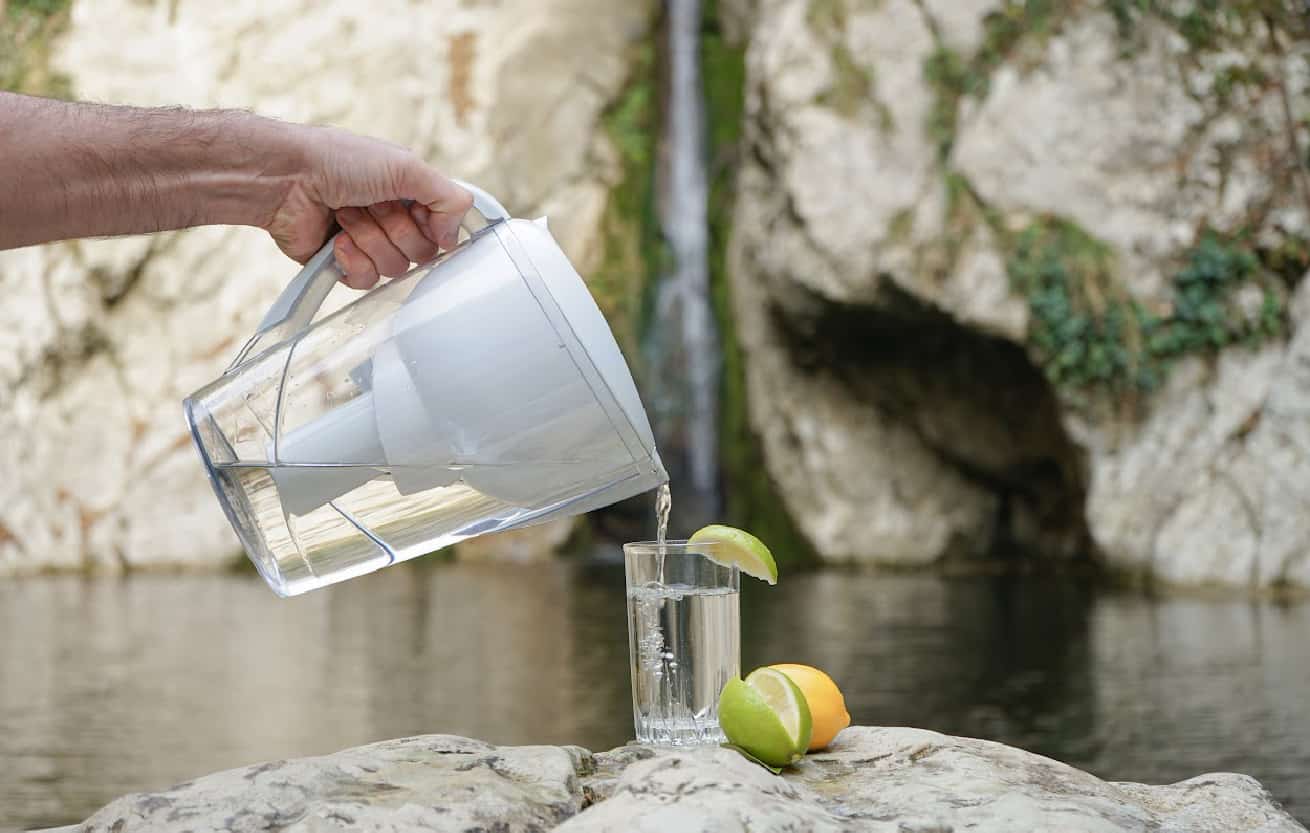

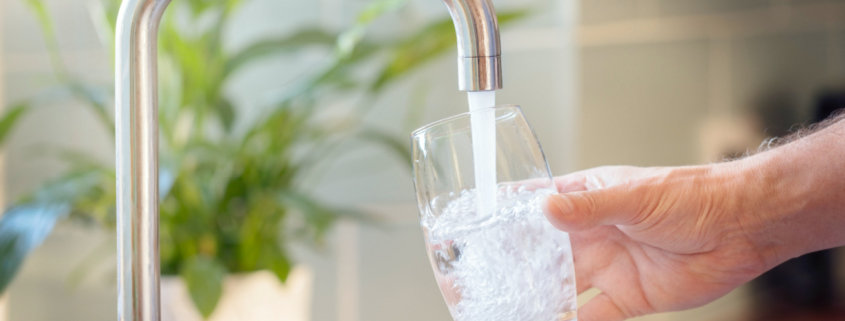

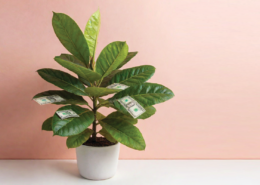
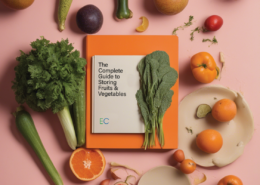

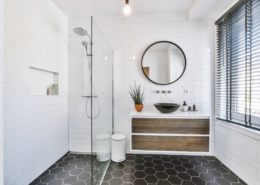


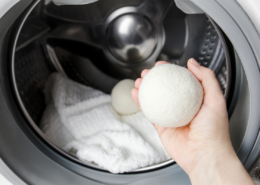
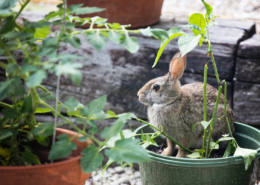



I have been a volunteer for Living Waters for the World an organization that has the mission of installing water purification systems in places around the globe without access to clean water. I have been volunteering with a LWW group that has been traveling to Peru for over 10 years. I want to echo every single word that you said. With the exception of very few communities in the USA, tap water is just as safe or safer than bottled water. And, drinking tap water and using a refillable water bottle saves tons of plastic from being discarded and contributing to pollution all over the world. Thank you for sharing this.
Although I do agree over all with your post it’s hard to swallow. Especially when we know the aging infrastructure of some cities and corrupt governments has given us lead crisis issues. Think Flint, Michigan. When our elected and appointed officials don’t do their jobs or take bribes to look the other way, it’s hard to believe they have our health in our best interest. I drink county water. Have an RO filter, and every few years send it out for examination.
In Calif we have a drought. People are afraid we will run out of water. They are stocking up on bottled water. It’s getting harder and harder to find bottled water in the stores.
This article refers to city water of course. I love my well water. No, it isn’t tested regularly (or ever), it doesn’t contain fluoride but it tastes great and the only cost is the electric used to operate the pump. If I ever have to allow city water into my home I may need a filter system because I hate the taste and smell of it.
I’m with you! Well water from my rural home in the woods. I take a thermal bottle or two of water every where I go!
Hum. . . This does not appear to apply to well water which is pretty common.
Right. Thirteen percent (13%) US households use private well water. This post refers to the other 87%.
I live in PA, and I get my 5 gallon tub of water for 1.25 from a kiosk called Springton Water, do not like the taste of my well water.
I keep water in the refrigerator too. The taste is totally different that drinking it from the tap.
When I was young, my grandmother kept tap water in a bottle in the refrigerator. It had no discernible taste and was refreshingly cold; but the tap water straight from the faucet tasted horrible. You may be able to get similar results without investing in filters or filtered pitchers.